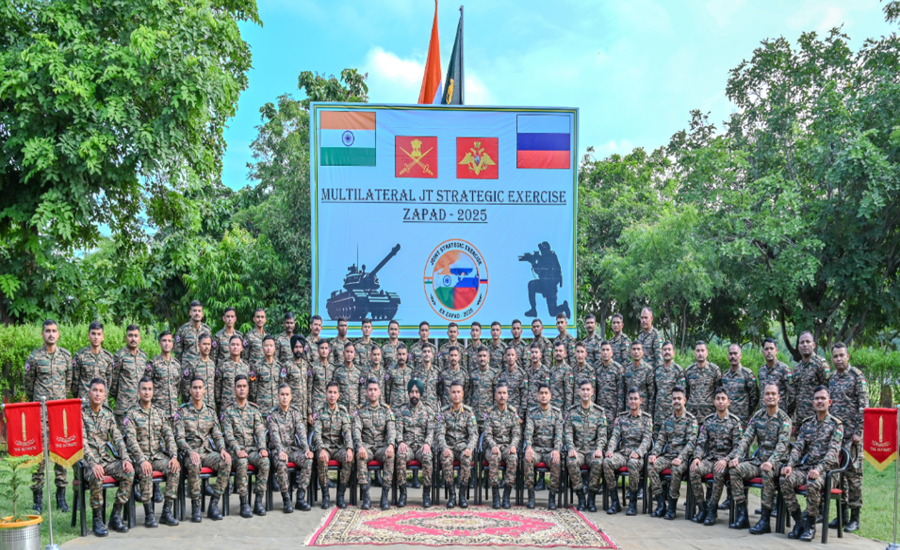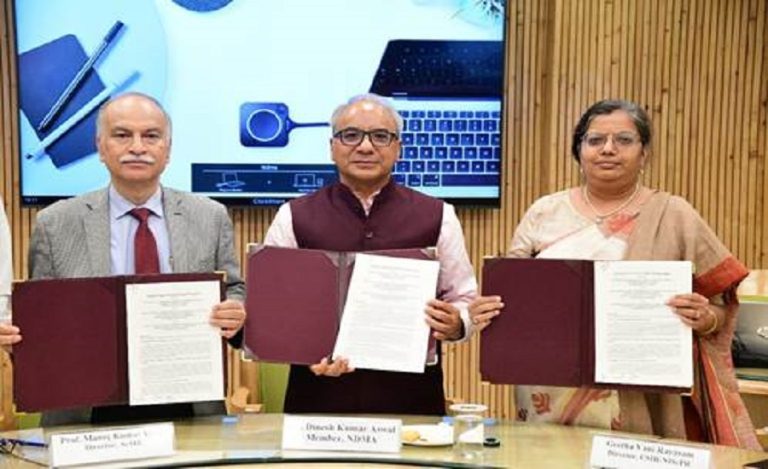An Indian Armed Forces contingent comprising 65 personnel departed today for the Mulino Training Ground, Nizhniy, Russia, to participate in the joint military exercise ZAPAD 2025, scheduled from 10 to 16 September 2025.
Also Read: S-400 + Su-57E = Trouble for PAF? Inside India’s Lethal Air Defence Strategy
The contingent includes 57 personnel from the Indian Army, seven from the Indian Air Force, and one from the Indian Navy. The Indian Army team is led by a battalion of the KUMAON Regiment, supported by troops from various arms and services.
Aims and Objectives of ZAPAD 2025
Exercise ZAPAD 2025 is a large-scale multilateral training aimed at enhancing military cooperation and improving interoperability among participating nations. It provides a platform for exchanging tactics, techniques, and procedures across conventional warfare and counter-terrorism domains.
The exercise will focus on joint company-level operations in open and plain terrain. Activities will include joint mission planning, tactical manoeuvres, and specialised arms drills. Emphasis will also be placed on integrating emerging technologies and operating within a multinational combat environment.
Enhancing Operational Capabilities
Through this participation, Indian troops will gain valuable exposure to international best practices in battlefield tactics, operational planning, and coordination. The exercise offers an opportunity to hone joint operational capabilities while strengthening the ability to conduct multinational missions effectively.
It will also foster defence partnerships by allowing the Indian Armed Forces to train alongside international contingents, creating a spirit of collaboration and mutual trust.
India-Russia Defence Ties
India’s participation in ZAPAD 2025 underscores its commitment to reinforcing long-standing defence cooperation with Russia. The exercise not only strengthens bilateral military ties but also highlights India’s proactive engagement in multilateral security initiatives.
By engaging in joint drills and operations, both nations continue to build on their shared legacy of strategic partnership, ensuring preparedness against emerging security challenges in today’s global environment.




























